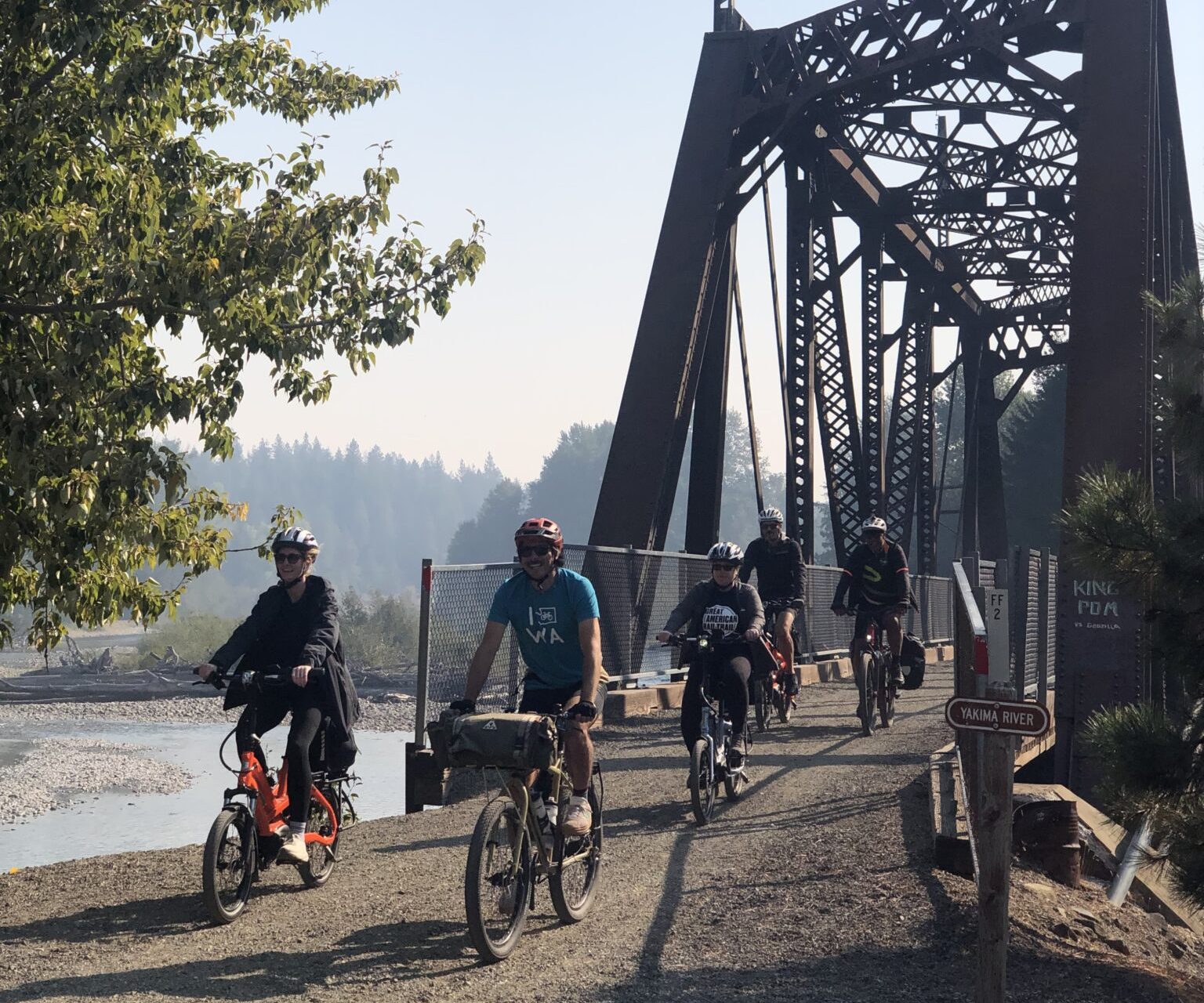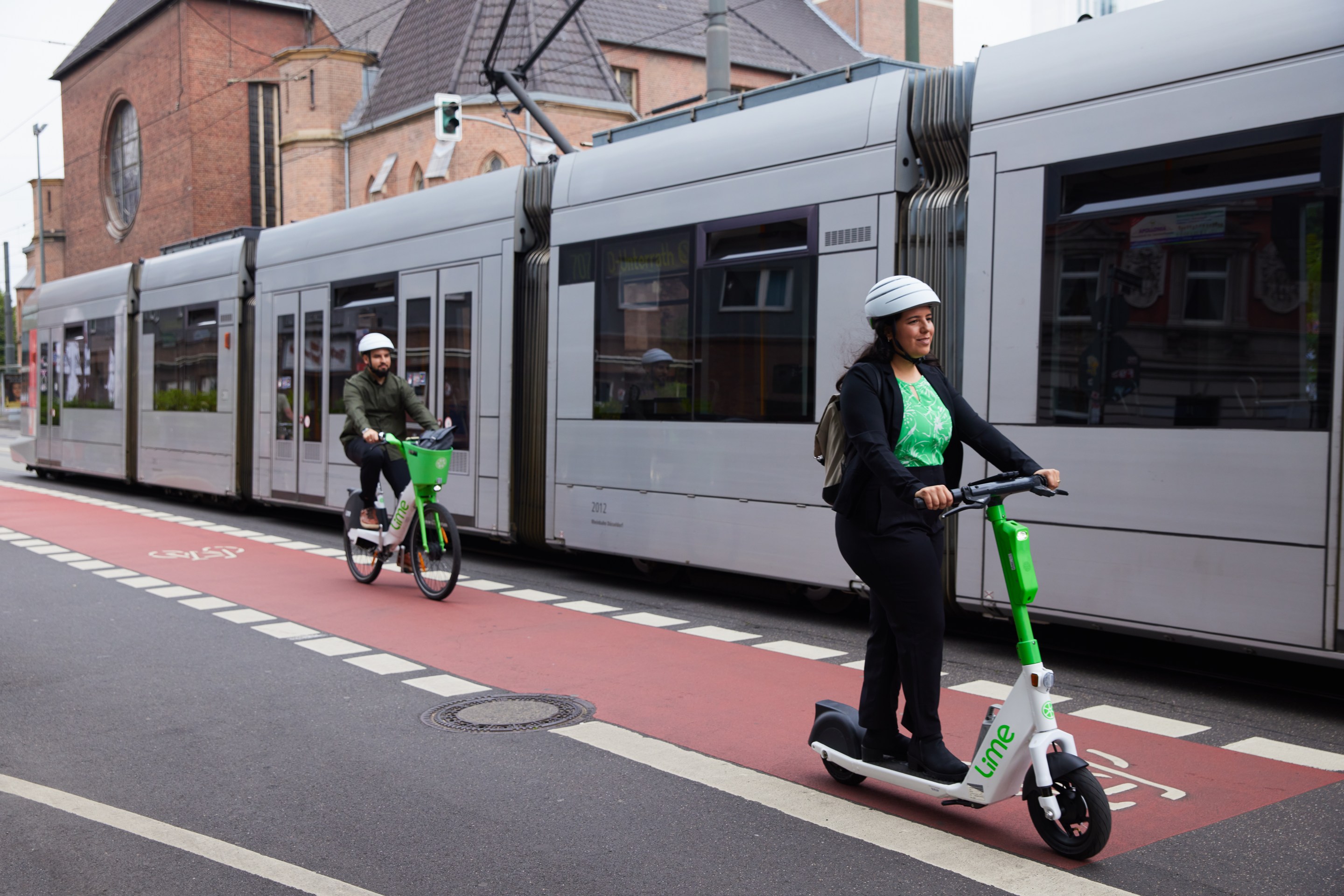All options may be on the table for funding transportation, but Bill Shuster has chosen his.

Rep. Shuster, head of the House Transportation and Infrastructure Committee, hasn’t been willing to commit to any one proposal for funding transportation until now. And his choice may make things complicated.
At a Bloomberg Government event yesterday, Shuster came out in favor of a plan to tax drivers not per gallon but per mile.
It seemed that after years of being too gun-shy to raise the gas tax, which hasn’t gone up for 20 years, there was beginning to be some resignation to the idea that it was necessary. In addition to the usual chorus from industry, a bipartisan group of governors recently urged Congress to act. Former Pennsylvania Gov. Ed Rendell and his new co-chair at Building America’s Future, former Transportation Secretary Ray LaHood, are promoting a 10-cent tax hike.
Lawmakers who had previously declined to go on the record were starting to line up behind various proposals, with Rep. Earl Blumenauer suggesting a gas tax hike and Sen. Barbara Boxer offering a wholesale fee on oil.
After all, the bitter reality is this: U.S DOT’s new Highway Trust Fund web ticker says the Highway Account will go dry in August of this year, with the Transit Account staying solvent through the end of September, though just barely.
At the same time Shuster announced he was for a vehicle-miles-traveled fee, he also brought the hammer down on the idea of a gas tax hike.
“Economically, it is not the time” to raise the gas tax, he told the audience. “I just don’t believe the American people have the will out there, in the public or in Congress; even our president has said we’re not going to do that. We’ve got to figure out a different way at this point in time.”
Raising the gas tax is by far the simplest and most popular option for raising revenues for transportation. A VMT fee solves the gas tax’s chief drawback, namely the obsolete reliance on gas consumption when vehicles are getting more and more fuel efficient, with some not using gasoline at all. Shuster seems to allude to this issue when he said, “We don’t want a two-year bill, we want a five- or six-year bill.” Indeed, that’s what everyone -- from the trucking industry to the White House -- is looking for.
But to implement a VMT well involves tracking vehicles in a way that makes some lawmakers queasy. Sen. Boxer, who will be Shuster’s partner in passing a bill, has already said a VMT fee won’t fly. The chorus of dissent to any government plan to track vehicle movements would be overwhelming, even though advocates say there are many options that would preserve people’s privacy.
Neither Boxer’s committee nor Shuster’s committee is in charge of raising taxes -- the House Ways and Means Committee and the Senate Finance Committee are working on this issue, and the chairs of those committees haven’t shown their cards yet. But if the people crafting the transportation reauthorization can’t come together on a funding option -- and neither of them are willing to push for the one that would be the easiest to explain and implement -- that doesn’t bode well.
To those whose prediction had been that, despite the promising rhetoric, the next bill would be another short-term stopgap with a patchwork funding fix: Bravo.





